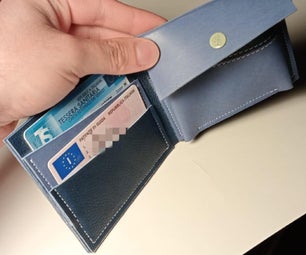Introduction: (Rubber Band) Paper? Airplane
I designed a 3d printed airplane which uses rubber bands to increase its speed. I currently attend the L&N STEM Academy. Pros of this model include a quick and easy print (42 minutes), easy assembly, and lot's of fun. Some of the cons however are that it is very thin (which enables it to fly) so you need to be careful when removing it from your build plate.
Supplies
For this project you will need:
- A 3d printer
- A way to convert the file into a gcode format unless my gcode file (which has my specific print settings) works for you
- A way to transfer the code file to the 3d printer (most likely a micro sd card and a micro sd card reader)
- Rubber bands
- Super glue (or hot glue, however it will weigh the plane down)
- Something to remove the print (optional)
- The file linked below
Attachments
Step 1: Convert the File to Gcode
First adjust the model to your desired size on your preferred slicer. Use your preferred slicer to convert the file to a gcode format (I use Prusa) and save it to your sd card. Then move the sd card from your reader into your printer. The gcode is listed below (however it may not be adjusted to your desired settings and filament).
Attachments
Step 2: Print and Assemble the Model
Print the model and assemble the two pieces together. If you want the model to be more secure I would recommend using super glue. Then place the rubber band in the slot at the bottom. Next grab the other end of the rubber band and place your right (or left) pointer finger inside the loop. Lastly pull back on the airplane to launch it. Enjoy!

This is an entry in the
Make it Fly Student Design Challenge












Comments